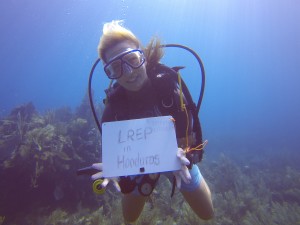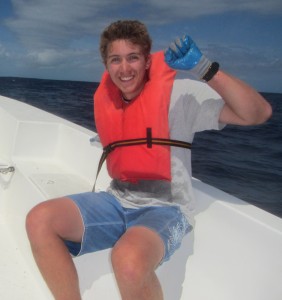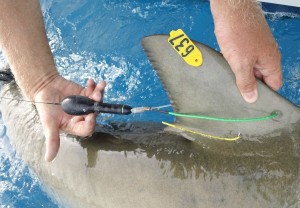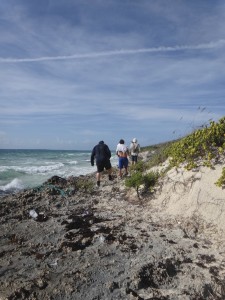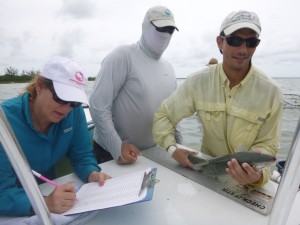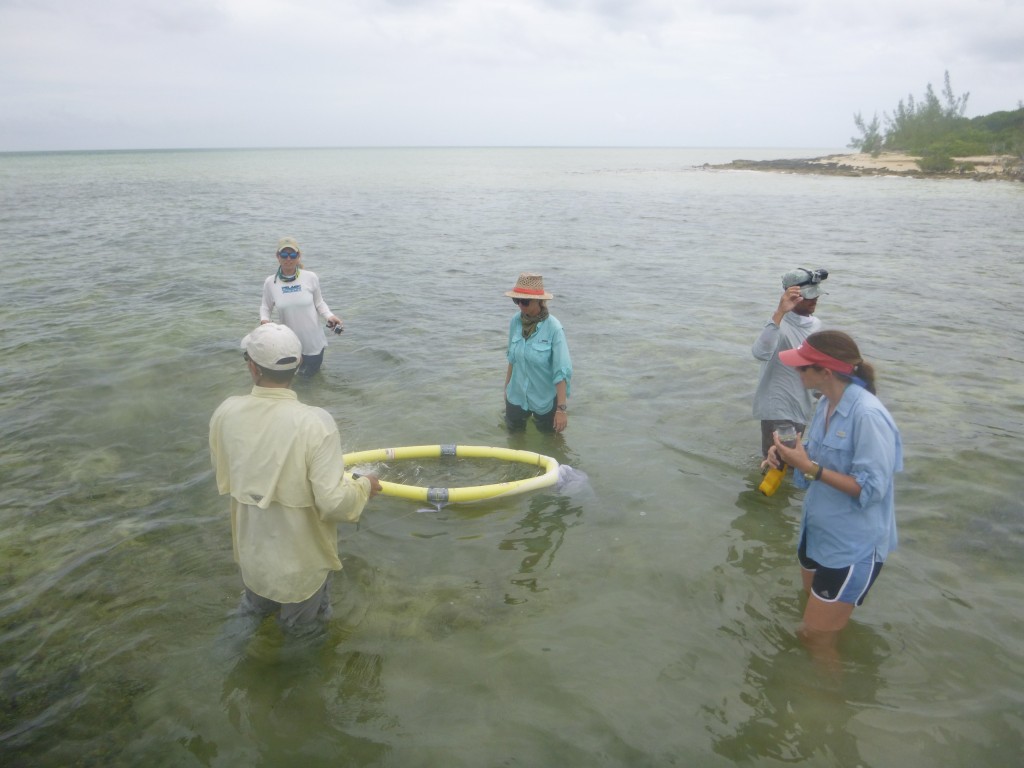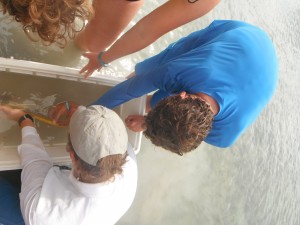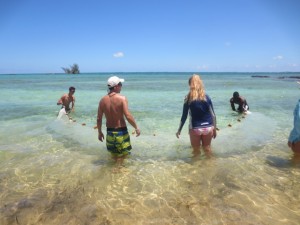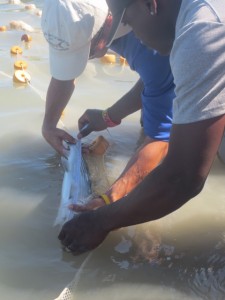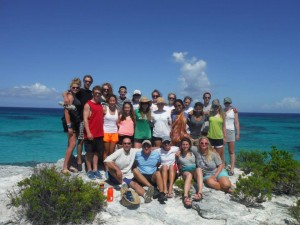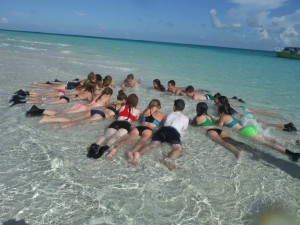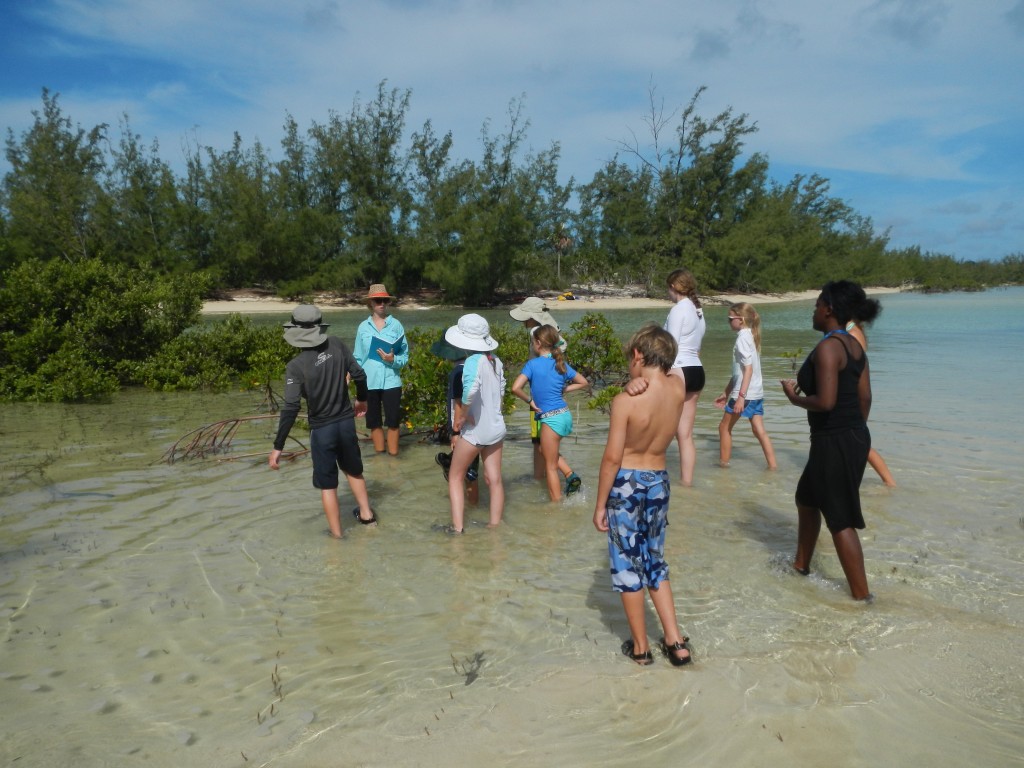This Fall semester, The Lionfish and Conch Programs decided to do something new. They instituted a dual internship, which would focus on sustainable fisheries and marine conservation; interns would work with both the lionfish and conch projects. Three lucky interns are being put to the task this fall to work among projects in both programs, and their bios are below.
 Alicia Hendrix: A Washington state native, Alicia finished her B.A. in Biology and Fine Art at Scripps College this past January. Since then she has been at the University of Washington labs in the San Juan Islands expanding upon the work completed for her undergraduate biology thesis and teaching high school students scientific illustration. During the course of her undergraduate studies, Alicia conducted research on trace metal chelation by jelly DOM at the Bermuda Institute of Ocean Science and on protein localization in trypanosomes at the Seattle Biomedical Research Institute. In 2011 she earned her Divemaster certification at Utila Dive Center, where she also assisted with the Coral Watch program on the Mesoamerican Barrier Reef. She is thrilled to be a part of the internship program here at CEI, and is already learning so much! Continue reading
Alicia Hendrix: A Washington state native, Alicia finished her B.A. in Biology and Fine Art at Scripps College this past January. Since then she has been at the University of Washington labs in the San Juan Islands expanding upon the work completed for her undergraduate biology thesis and teaching high school students scientific illustration. During the course of her undergraduate studies, Alicia conducted research on trace metal chelation by jelly DOM at the Bermuda Institute of Ocean Science and on protein localization in trypanosomes at the Seattle Biomedical Research Institute. In 2011 she earned her Divemaster certification at Utila Dive Center, where she also assisted with the Coral Watch program on the Mesoamerican Barrier Reef. She is thrilled to be a part of the internship program here at CEI, and is already learning so much! Continue reading
